Kitten Terrorizing Older Cats: How to Deal With This Problem
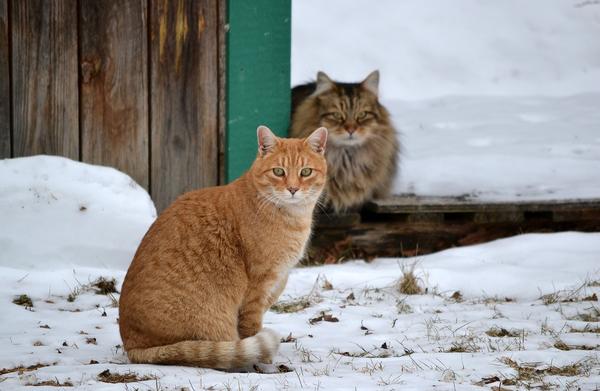
Do you feel that?
The disruption in your feline family.
The tension that hangs in the air as the kitten wreaks havoc on the older cats.
It's overwhelming, isn't it? 😱
But fear not, there's a solution.
Keep reading and discover how to restore peace in your furry kingdom.
Tips for Introducing a Kitten to Older Cats
Gradually introduce scent swapping
When you're introducing a new kitten to older cats, take it slow.
Get them used to each other's scents before they actually meet. First, rub a towel on the kitten and let your older cats sniff it.
This helps them get familiar with each other's smell and reduces tension when they finally come face-to-face.
Manage playful behavior between cats
Kittens are naturally more energetic and playful than older cats.
But that can sometimes lead to misunderstandings or fights.
To ensure everyone gets along, manage their playtime by giving both the kitten and older cats separate spaces and toys.
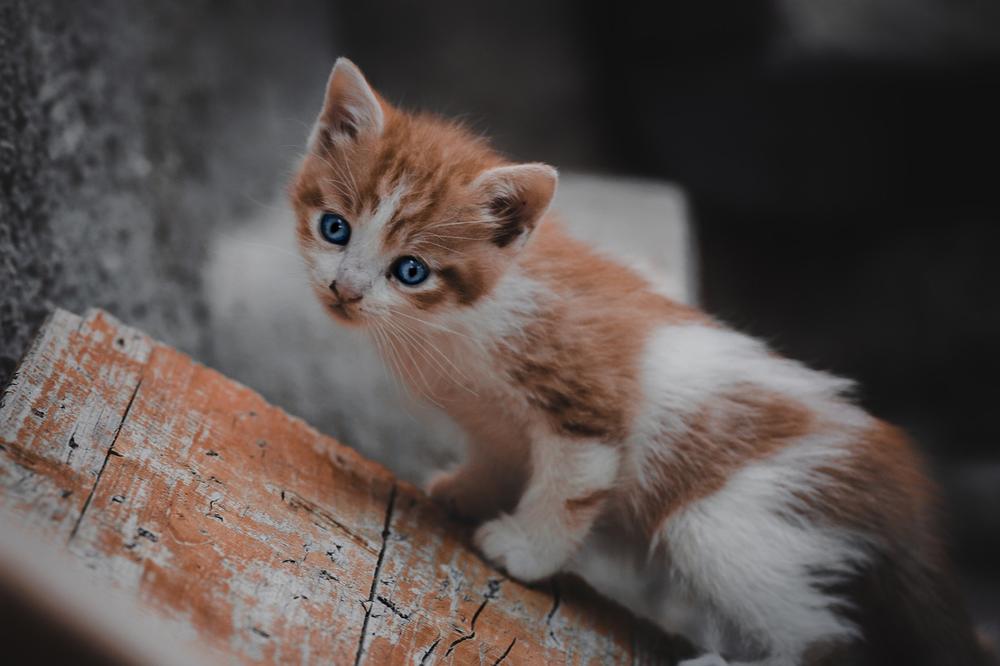
That way, they can interact at their own pace and avoid any potential conflicts.
Take time to adjust
Introducing a new kitten to older cats requires patience and gradual adjustment.
Start by keeping them in separate rooms so they can sense each other's presence without direct contact.
As they become more comfortable, gradually decrease the distance between them until they're ready to meet face-to-face.
This approach helps prevent stress and depression in older cats, allowing everyone to adapt at their own pace.
Every cat is unique, so they may need different amounts of time to get used to a new addition.
By following these tips and considering the ages and conditions of your existing pets, you can ensure a smoother transition and foster positive relationships within your feline family.
Main points I'll expand upon further down this article:
- Discourage unacceptable behavior by gently moving the kitten away.
- Set boundaries to decline the kitten's dominant nature.
- Both cats need to learn new social skills to interact properly.
- Use word commands like leave it when the kitten attacks.
- Patience and consistency are key in training.
- Establish ownership by allowing the older cat to keep its belongings.
- Recognize and address signs of aggression in kittens.
- Separate the animals when necessary and reintroduce them gradually.
- Consider early spaying/neutering and seek professional assistance if needed.
- Avoid responding to aggression with yelling or physical punishment.
But what do you do when the older cats feel overwhelmed by the energetic playfulness of the kitten?
Well, let me tell you...
Setting Boundaries: Teaching Kittens Proper Behavior with Older Cats
You wanna ensure that older cats and energetic kittens can live together peacefully?
Here's what you gotta do:
- Give the older cats some vertical territory. Get 'em cat trees or shelves so they can escape the wild playfulness of the kittens when they need a chill moment.
- Teach those frisky kittens how to behave by gently steering them away from bothering the older cat. This teaches 'em boundaries and stops any dominance issues from cropping up.
- When the kitten goes after the older cat, use words like "leave it" to lay down the law. This helps 'em understand what's acceptable and what's not.
- Training both cats involves being patient and consistent. Make it a habit to set aside time each day for training sessions, and make sure everyone in the house is on the same page with rules and commands.
- Let the older cat keep their bed and toys from the get-go. This way, they feel like they still own their stuff and it avoids any fights over territory.
Building a peaceful coexistence between older cats and sprightly kittens takes time and effort, but if you stick with the training and show some patience, it can totally work out. 😺
And if you're wondering why setting boundaries is so crucial when introducing kittens to older cats, well, that's where I come in.

In my article, Cat Hump Dog, I delve into the fascinating topic of why a cat would hump a dog.
Dealing with Kitten Aggression towards Older Cats
If you want to manage your kitten's aggression towards older cats, here's what you can do:
- Get some interactive feeding puzzles or treat-dispensing toys to redirect your kitten's energy.
- Remember that kittens might act aggressive because they are territorial and seek companionship.
- Pay attention to signs of aggression like scratching, biting, chasing, pouncing, and rough play.
- Learn to tell the difference between playful behavior and predatory actions.
- Take into account things like fear, curiosity, early weaning, and lack of socialization that contribute to your kitten's aggression.
- Keep in mind that older cats may strike back because they feel unfamiliar or defensive about their territory.
- Deal with any dominant behavior from the kitten that affects the well-being of the older cat.
- Separate the animals if necessary to prevent any harm and give them breaks from being together.
- Gradually reintroduce the cats using positive reinforcement techniques and supervised sessions.
- Think about spaying/neutering early on and seek professional help if you need it, just avoid yelling or physically punishing them.
By implementing these suggestions, you have the ability to establish a tranquil setting for both your kitten and your senior cat.
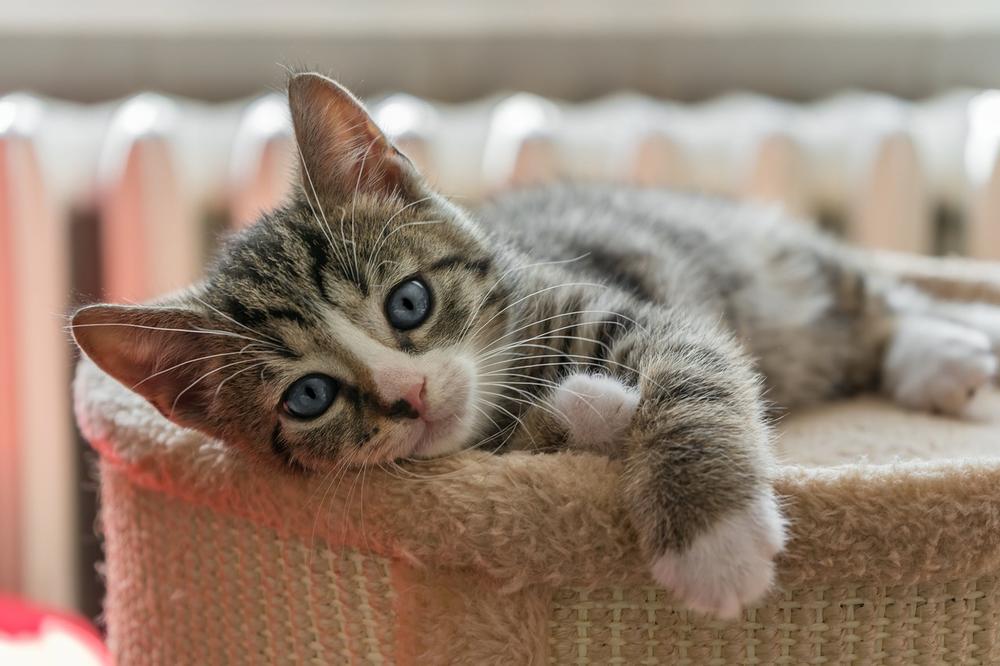
Now that you have implemented strategies to manage kitten aggression towards older cats, let me share some effective ways to promote positive bonding experiences!
Managing Playtime: Encouraging Positive Interactions between Kittens and Older Cats
Playing with both kittens and older cats can be a bit tricky, but if you follow these tips, it can be a happy experience for everyone involved. 🐱
- Set up some playdates where the kitten and older cats can have fun together with different toys. This will help them bond in a positive way.
- Make sure the kitten gets used to playing with their own toys before getting too close to the older cats. This way, both cats will feel safe and comfortable during playtime.
- If possible, consider getting another kitten for them to play with. Just keep an eye on their behavior to make sure they don't bother the older cat too much. Safety first!
- Use a cat feather wand during regular play sessions. It will allow them to burn off some energy and tap into their natural instincts. Plus, it keeps them mentally stimulated and prevents boredom.
- Always check that the toys are safe for both cats. Look out for small parts that could be swallowed or any sharp edges. And if the kitten starts playing too rough with the older cat, redirect their attention to appropriate toys.
- Stick to a consistent routine for playtime and feeding. This creates structure in their daily lives and helps avoid conflicts between them.
- Show the kitten how to play nicely by demonstrating how to interact with toys instead of their older feline friend. This will prevent potential aggression or excessive chasing.
- Spend quality time playing with the new kitten to burn off their energy and discourage aggressive behavior. If needed, use distractions or time-outs to redirect their focus and reinforce positive play habits.
Building a strong bond between your cats takes time and patience.
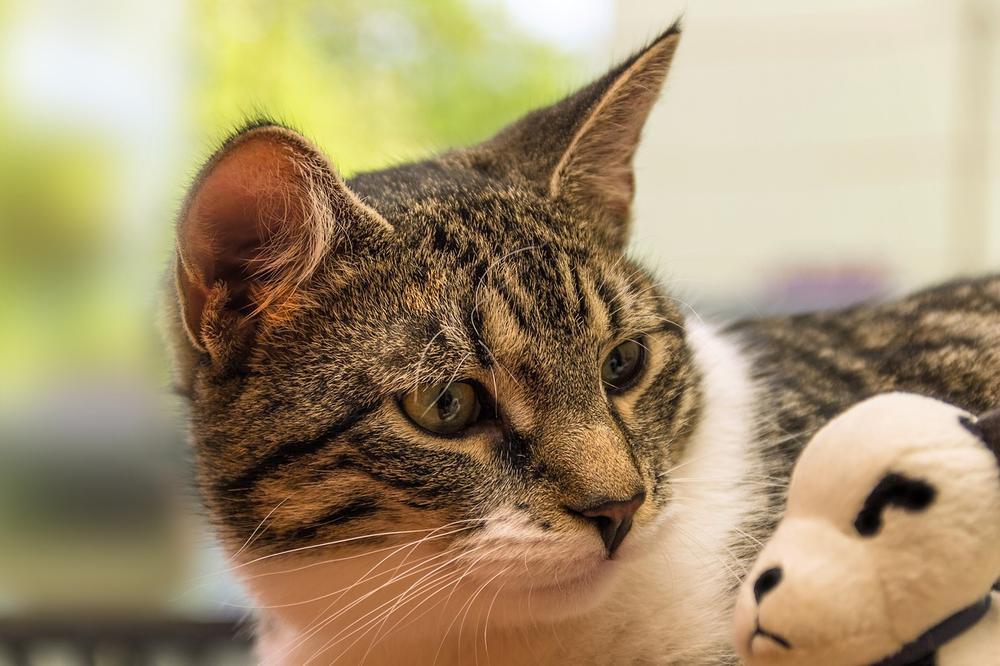
By organizing playtime, dedicating individual time to each cat, and using games to reduce stress, you'll create a peaceful environment for all your furry friends to enjoy.
Establishing a Safe Space for Older Cats to Retreat from Kittens
Establishing a safe space for older cats to retreat from kittens is crucial.
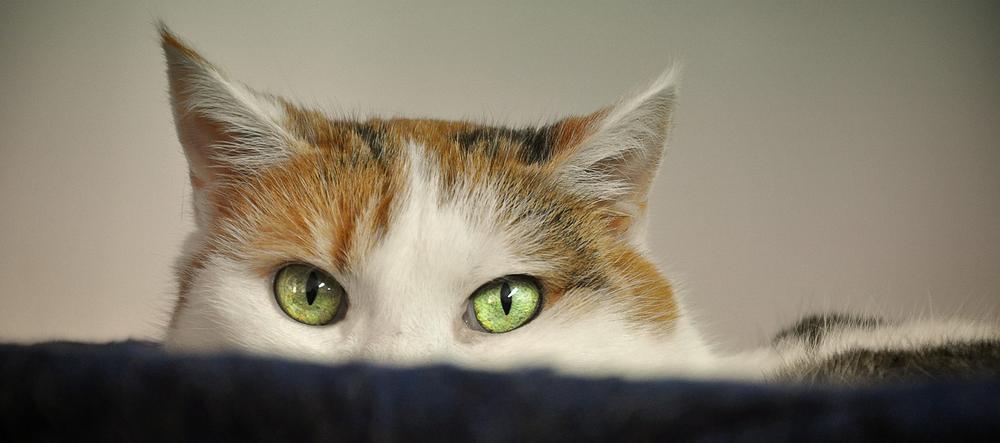
Here are some effective strategies you can implement:
- Create elevated resting spots specifically designed for older cats, such as soft cushioned platforms or cozy hiding spots.
- Provide a shelter or hiding place where older cats can escape from the relentless energy of kittens.
- If necessary, consider keeping the cats in separate rooms to ensure the older cat has peace and quiet when they need it.
- Pay close attention to the litter, toys, and sleeping spots for both cats, ensuring each one feels comfortable and secure.
- Spend quality time with the older cat, providing them reassurance and a sense of security within their home environment.
- Provide the kitten with tall and sturdy cat furniture for climbing and exploration, keeping them entertained and engaged.
- Create a smaller, separate space for the kitten that includes all the necessary amenities for their safety and comfort.
- Make sure the older cat has a separate area beyond the kitten's reach where they can rest and play undisturbed.
Establishing a peaceful living situation for both elderly cats and lively kittens can be achieved by adhering to these helpful recommendations.
Promoting Harmony: Helping Kittens and Older Cats Coexist Peacefully
When it comes to harmonizing older cats and kittens, separate attention and playtime for both is essential.
By doing so, you prevent feelings of neglect or rivalry, creating a well-rounded bonding experience. To gather valuable insights and learn from others' experiences, join a cat lovers Facebook group. It's a beneficial platform for exchanging information about your feline friends.
Giving the older cat ample attention and reassurance is key.
This ensures a peaceful coexistence between them and their playful companions. In maintaining this delicate balance, you foster a harmonious environment where all furry members of the family can thrive.
Recognizing Signs of Stress in Older Cats
To spot signs of stress in your senior feline friend, keep an eye out for these ten telltale cues:
- Notice any changes in their eating routine.
- Watch for excessive grooming or licking.
- Pay attention to frequent episodes of vomiting or diarrhea.
- Be wary of increased aggression toward humans or other pets.
- Take note if they start avoiding social interactions or hiding more often.
- Observe if they have lost interest in food or are losing weight.
- Look out for restlessness or trouble sleeping.
- Listen for excessive meowing or vocalization.
- Take note if they start urinating or defecating outside the litter box.
- Watch for lethargy or lack of interest in activities.
If you spot any of these signs in your older cat, there are things you can do to help them cope with their stress:
- Check their surroundings and make any necessary adjustments.
- Create a safe and serene space just for your cat.
- Give them more playtime and mental stimulation.
- Stick to a consistent daily routine.
- Consider using pheromone diffusers or calming supplements.
- Discuss the situation with your vet if needed.
- Gradually introduce any changes or new additions to your home.
- Ensure they always have access to fresh water and a clean litter box.
- Offer gentle strokes and reassurance.
- Monitor their overall well-being and seek professional guidance when necessary.
Looking after your senior kitty's mental health is vital for their in essence joy and well-being.
And that wraps up today's article.
If you wish to read more of my useful articles, I recommend you check out some of these: How to Potty Train a Cat Without a Litter Box, Why Does My Cat Slap Me With His Tail, How to Train a Stray Cat to Use a Litter Box, Can I Keep My Cat in the Garage at Night, and Why Does My Cat Bite Me When I Sleep
Talk soon,
-Sarah Davis